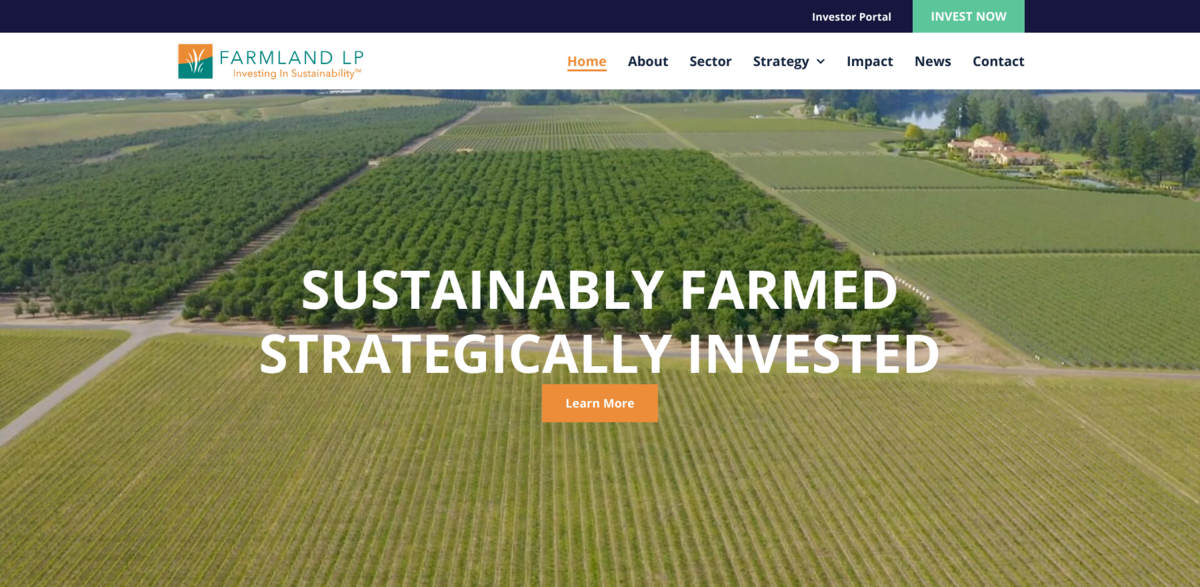What Is This Project All About?
At its core, this project is all about sustainably farmed, strategically invested farmland. It stands as the largest manager focused on organic and regenerative farming, managing over 18,500 acres. The emphasis? Value-added farmland management that not only improves cash flows but also delivers above-market appreciation. With a #1 sustainability ranking and the highest impact rating among 10,000 companies from HIP, it’s clear this initiative is serious about making a difference. As Craig Wichner, the founder, puts it, “The farming sector is not keeping up with the growth in demand for organic food. Come see how healthy soils at scale deliver market leading returns.”
The Main Benefit: Sustainable and Attractive Returns
Investing in regenerative farmland offers attractive, stable, and uncorrelated returns. Here’s why this matters:
- 50%-200% price premium for organic crops after conversion
- $300 to $800 per acre average rent increases
- Up to 20x increase in revenue per acre for permanent crop development
- Above-market land appreciation driven by value-add projects
- Expanded biodiversity across more than 40 high-value crops
Simply put, this isn’t just about farming; it’s about transforming farmland for sustainable returns that stand the test of volatile markets.
Meeting the Growing Demand for Organic Farming
Consumers today want healthier, more environmentally beneficial products — and the demand for organic food is booming. But here’s the catch: the supply of organic farmland just can’t keep up. This project steps in as a leader in transforming conventional farmland into organic, regenerative farms. That means better financial returns and a positive environmental impact. It’s a win-win for investors and the planet alike.
Funds Driving the Vision Forward
The project is backed by a series of funds, each building on the success of the last:
- Vital Farmland III, LLC (Fund III): Currently raising $250 million, with farms already acquired in California and Oregon, and plans to expand across the U.S.
- Vital Farmland REIT, LLC (Fund II): Launched in 2014, raised $135 million, acquiring farmland in Oregon and Washington State.
- Vital Farmland LP (Fund I): Started in 2009, raised $65 million, focused on acquiring and redeveloping farmland in California and Oregon.
Each fund reflects a clear focus: delivering sustainable returns through smart, regenerative farmland investments.
Why Sustainable Farmland Matters
It’s not just about the money. Sustainable farmland means healthier soils, improved biodiversity, and a stronger local food system. This project’s approach supports slow money principles — investing locally to nurture the land and communities. By focusing on organic farming and regenerative practices, it helps build resilience against climate change and promotes long-term environmental health. Plus, it supports livestock and crop diversity across regions like Oregon, California, New York, New Jersey, Pennsylvania, and the East Coast.
Project Impact: Aligning with Global Goals
- SDG 2: Zero Hunger – promoting sustainable agriculture and food security
- SDG 8: Decent Work and Economic Growth – creating stable investment opportunities
- SDG 12: Responsible Consumption and Production – encouraging organic and regenerative farming
- SDG 13: Climate Action – improving soil health and reducing environmental impact
- SDG 15: Life on Land – expanding biodiversity and protecting ecosystems
Looking Ahead: The Future of Farmland Investment
With a B Corp score of 111.4, this project is setting a high bar for responsible investing in developed markets. It’s not just about farmland or real estate — it’s about investing in the future of sustainable agriculture. For investors interested in farmland, organic farming, and sustainable crops, this project offers a unique opportunity to be part of a movement that’s reshaping how land is valued and managed. The focus on topsoil health, local food systems, and slow money principles means it’s about more than returns — it’s about creating lasting impact for communities and the environment.


















